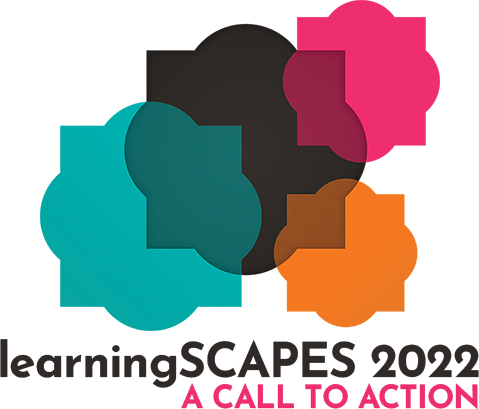 | 1 LU |
 | 1 LU |
The public perception of young black males varies from debate, scrutiny, conjecture, and opinion often starting from a place of negativity with little regard to the cumulative trauma experienced by BIPOC youth. There are myriad of factors that can illuminate this trauma; this presentation will focus on young black students and how virtual learning impacted their social, mental, physical, and educational well-being during the height of COVID-19. We will present research findings on indirect and direct factors creating barriers to black males' academic success, as well as their social and emotional development. To further share black male experiences through methods that offer authentic voice to participants, we will provide accounts from qualitative research conducted with students themselves. This will be complemented with secondary research on the college experiences of black males and other marginalized populations during the beginning of their collegiate careers; examining and aligning middle and high school experiences with those of first year college students has informed other efforts to improve college attendance and retention, and should inform academic support systems in this case as well.
Learning Objectives:

Troy is an educational planner with more than 20 years’ experience. He has served some the nation’s largest educational communities including school districts in Philadelphia, PA; Washington, DC; New Orleans, LA; Long Beach, CA; Baltimore, MD; Providence, RI; and Pittsburgh, PA. Troy has discussed educational planning trends at the Association for Learning Environments (A4LE) and California Association of School Business Officials Annual Conferences. He has also co-authored several articles on urban issues in School Planning & Management. Troy serves on the Morris College Board of Trustees and the A4LE International Board of Directors. He is a graduate of Morris College and The Ohio State University.

As the DLR Group’s Design Research Leader, B collaborates with researchers in design technology, human-environment relations, and data analytics to generate actionable data, stimulate innovation, and activate a culture of knowledge-sharing. B holds a Master’s of Science in Environmental Psychology and a Bachelor’s of Arts in Archaeology and Physical Anthropology, B is certified in Social, Environmental, and Economic Design (SEED) by the Public Interest Design Institute and has an Evidence-Based Design accreditation (EDAC) from the Center for Health Design. They also co-chair the Environmental Design Research Association’s (EDRA) knowledge network for Researchers in Professional Practice.

The built and natural environments have profound impacts on our behaviors both for better and worse. How do we cultivate a sense of place for better? How might the built and natural environments be made to enhance teaching and learning? How might school buildings and grounds foster a sense of community by reflecting those they serve?
Primary Core Competency
Ethics/Professionalism: Provides leadership and stewardship for the responsible investment of public and private funding into school facilities – while being a known advocate for the importance of the learning environment on a child’s future. They lead and have a record of leading transparent processes that help communities find common ground in developing solutions to complex and sensitive issues – advocating for long term solutions that address the needs of all children and stakeholders including underserved groups.